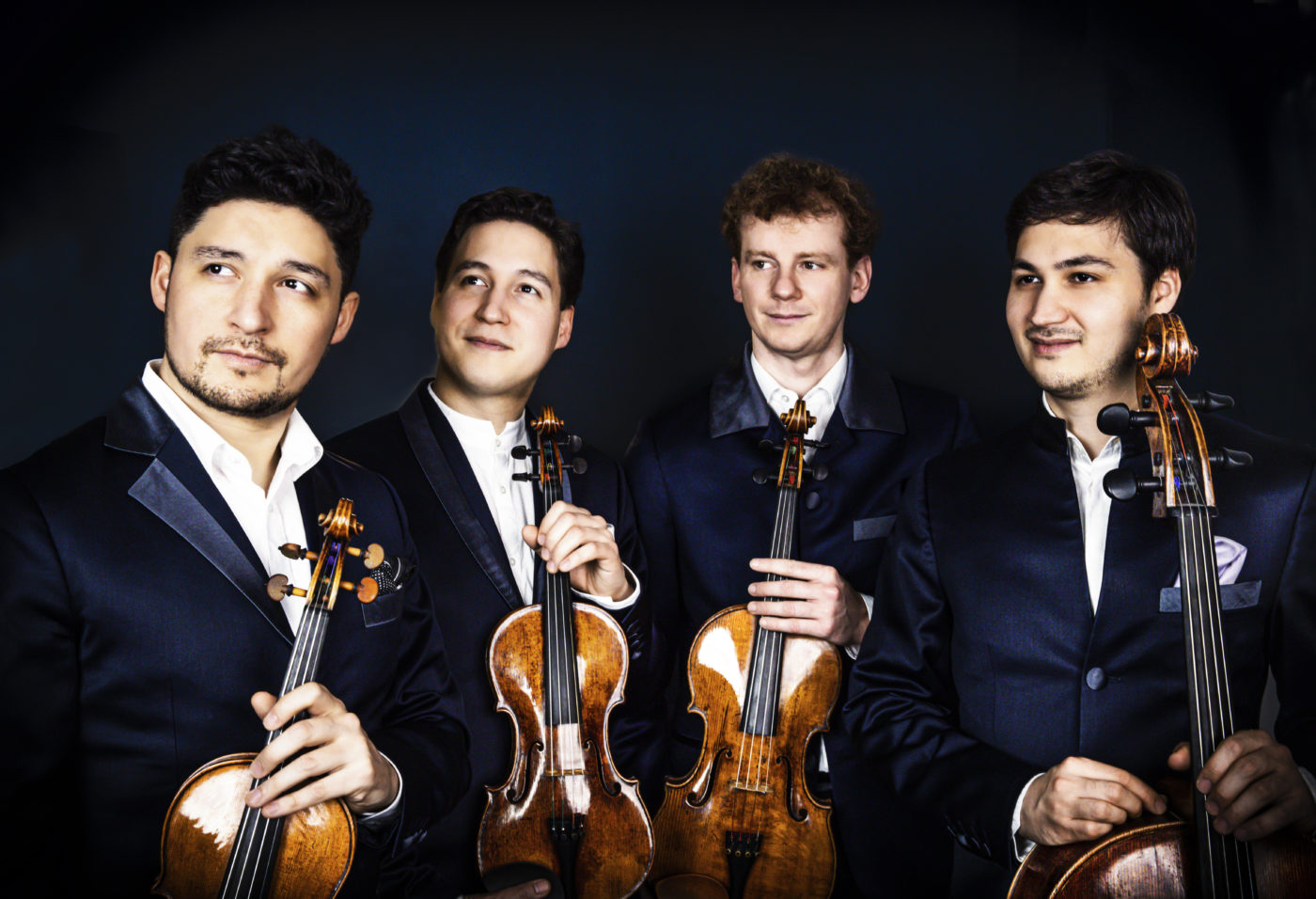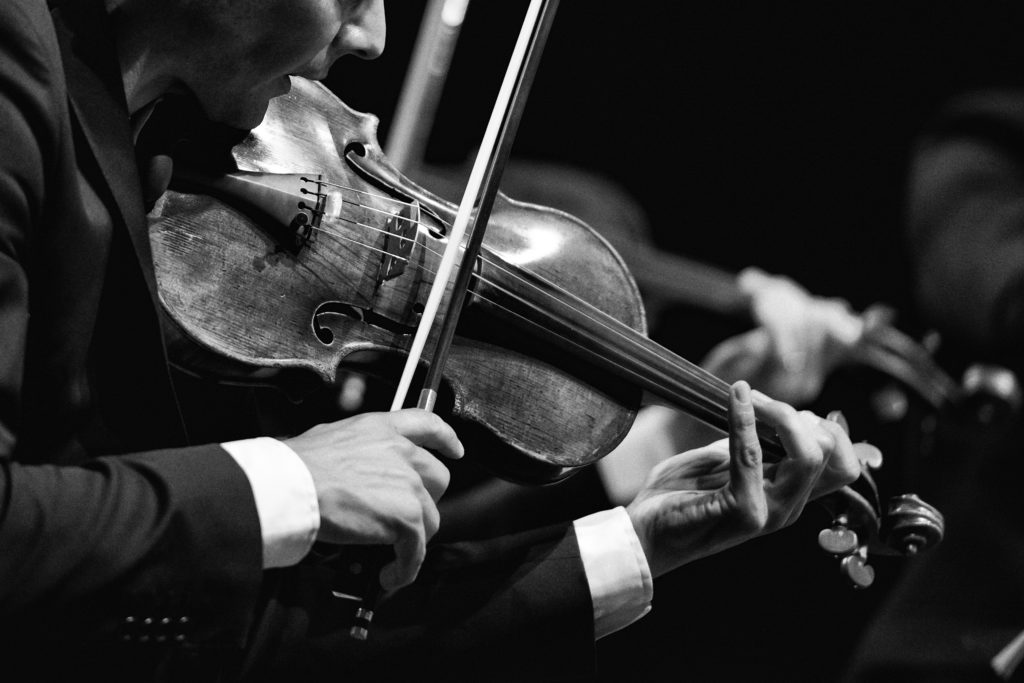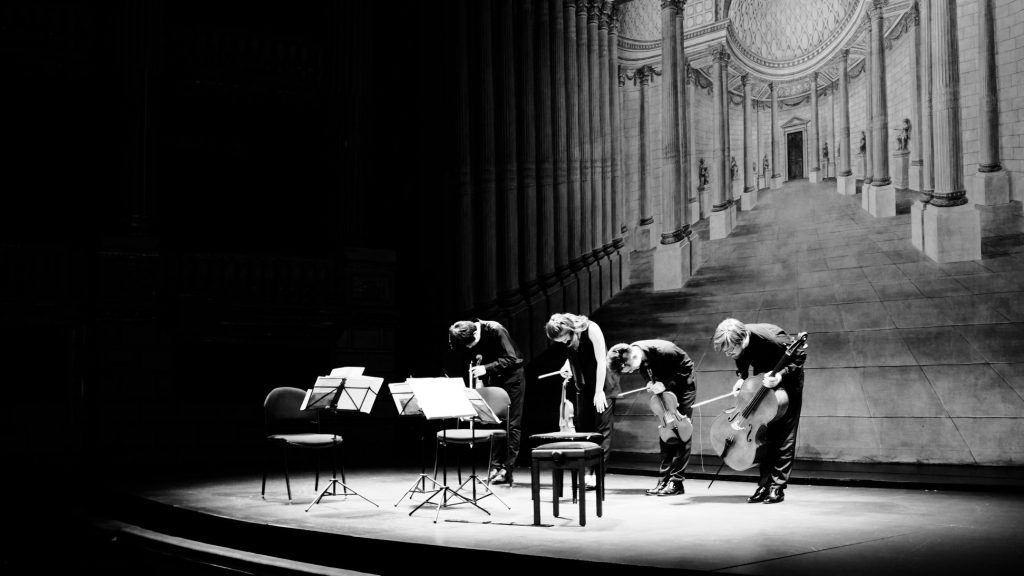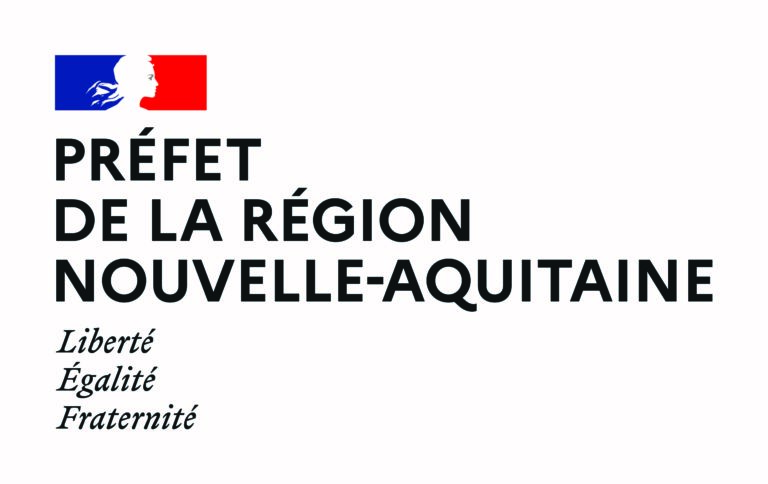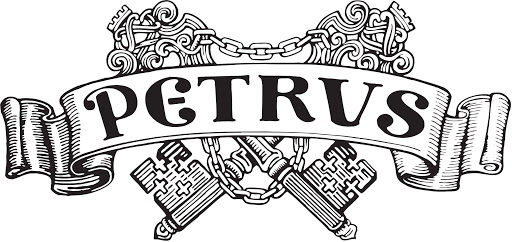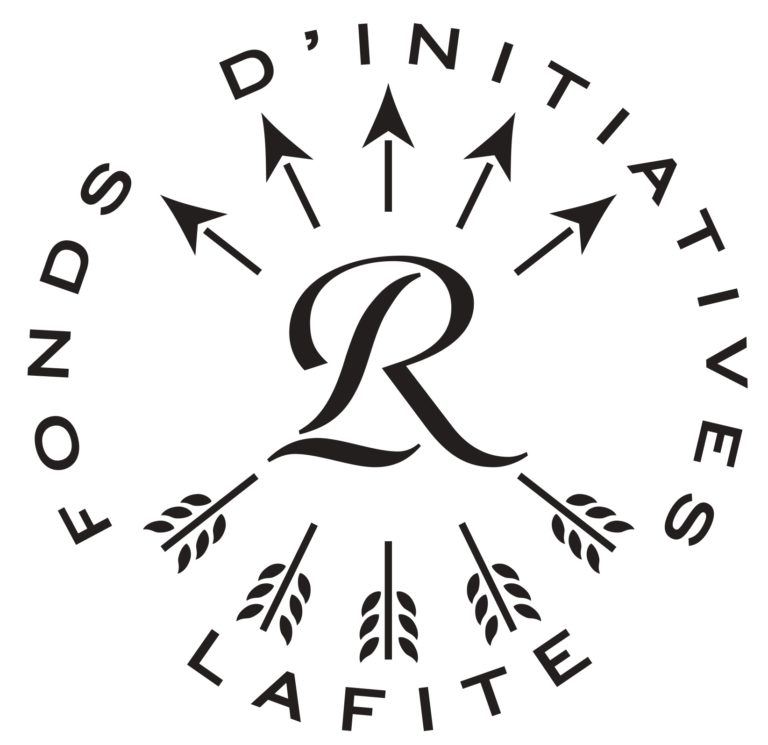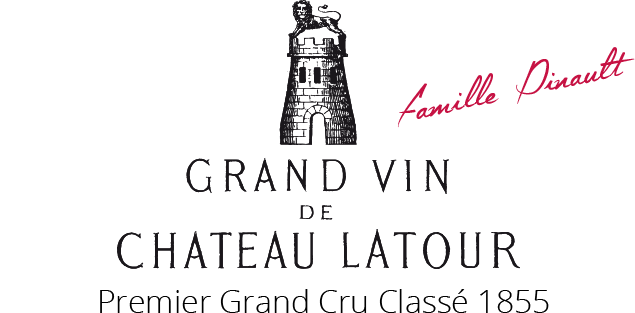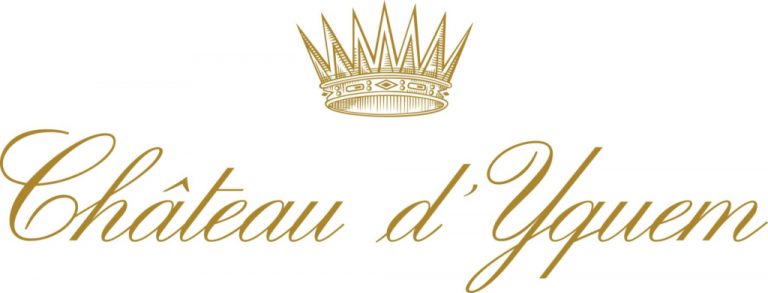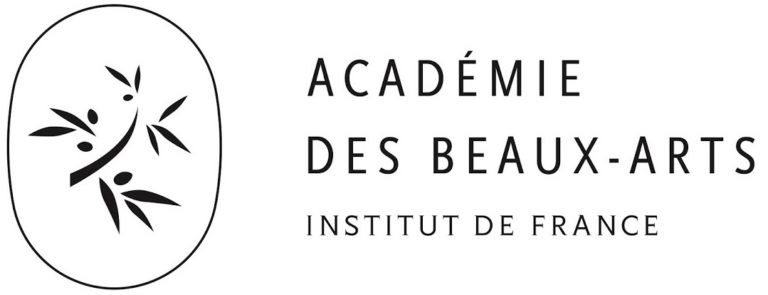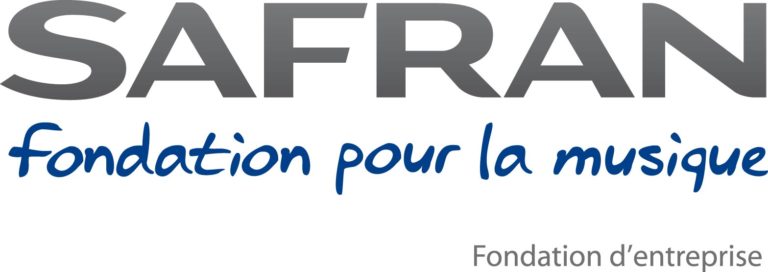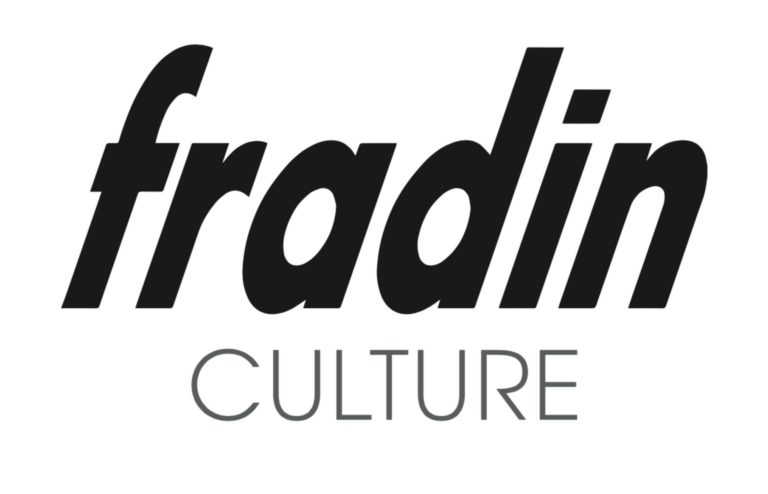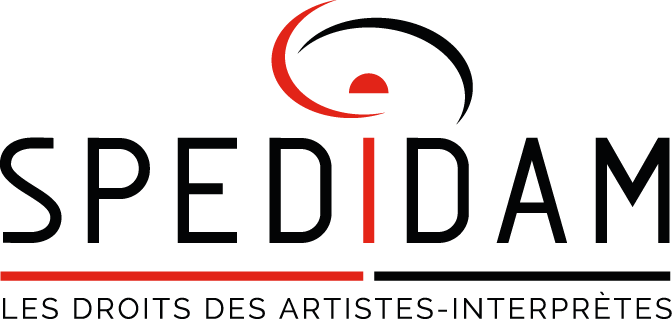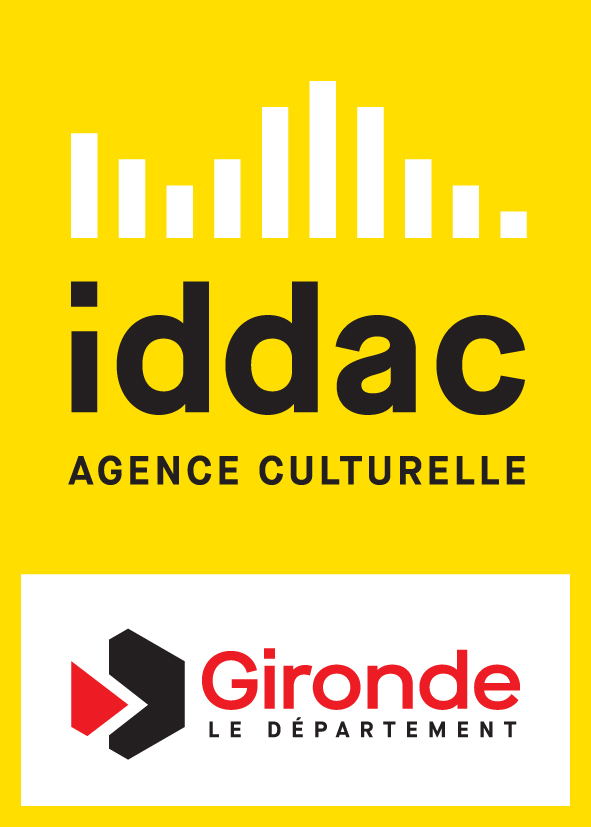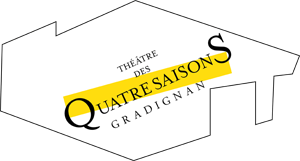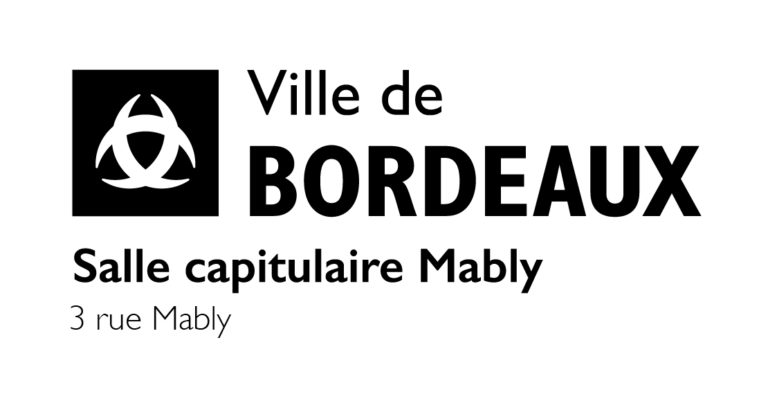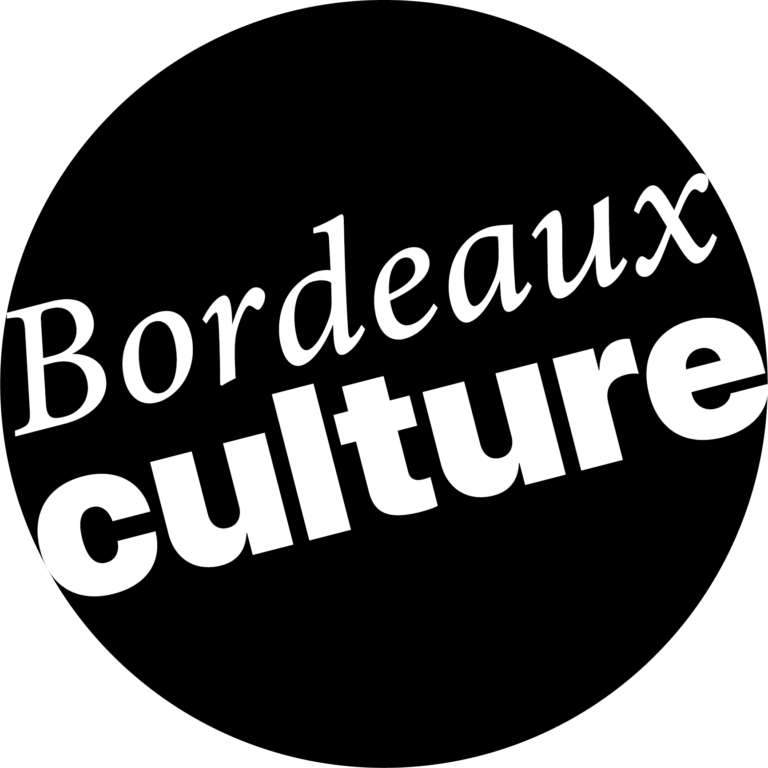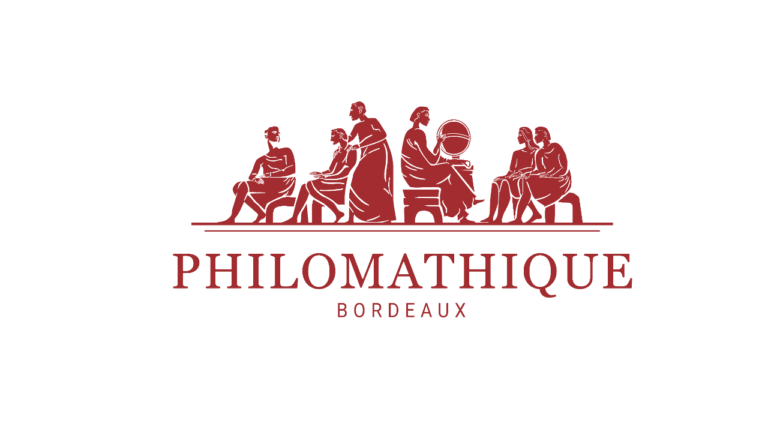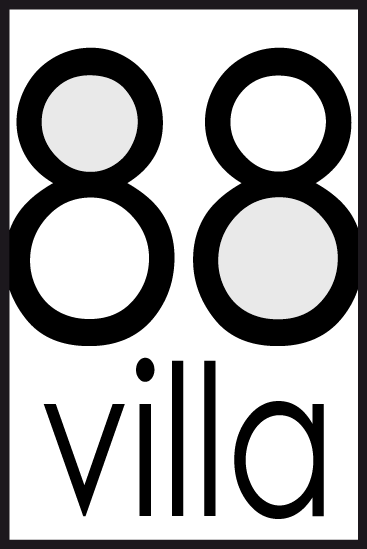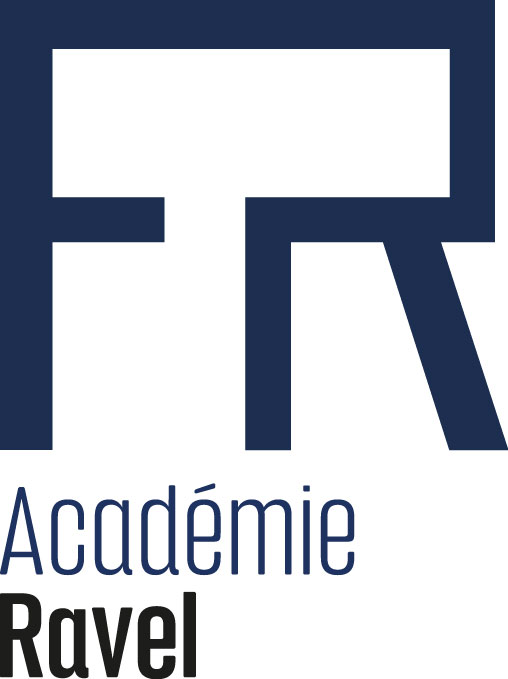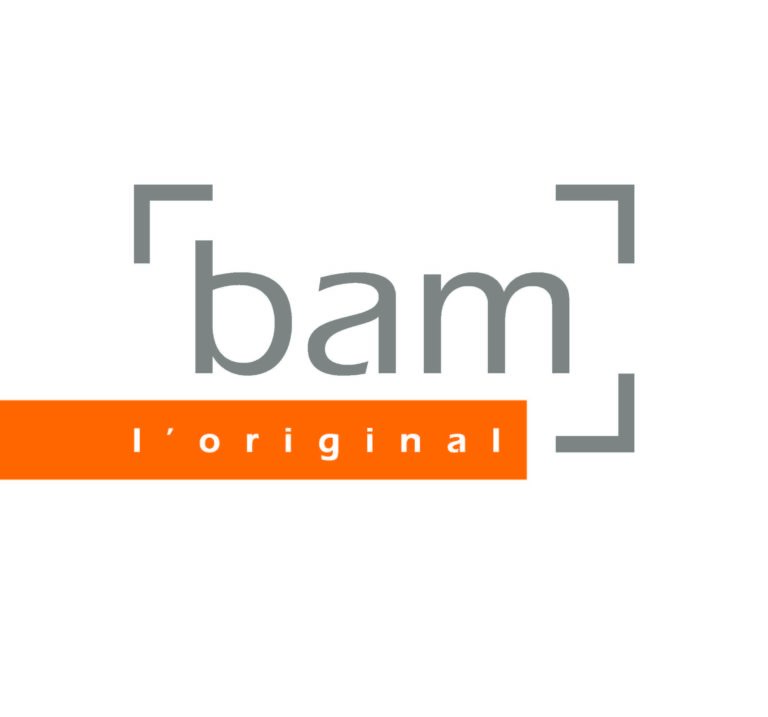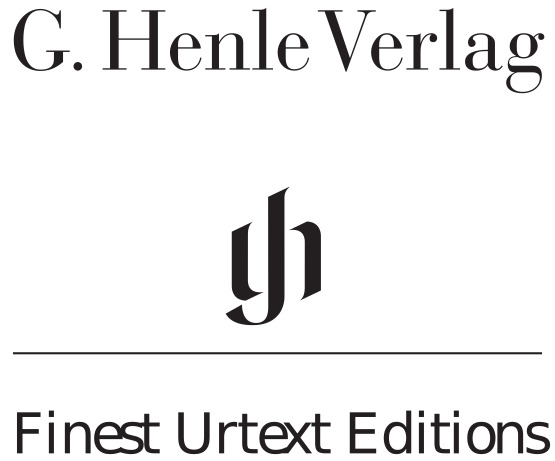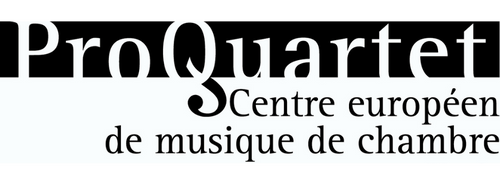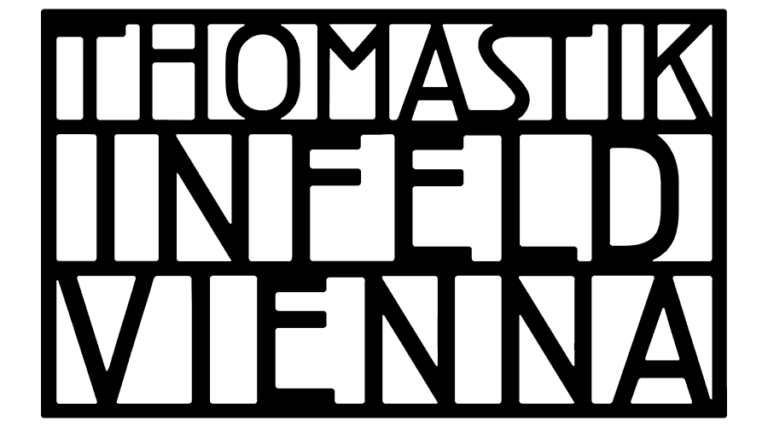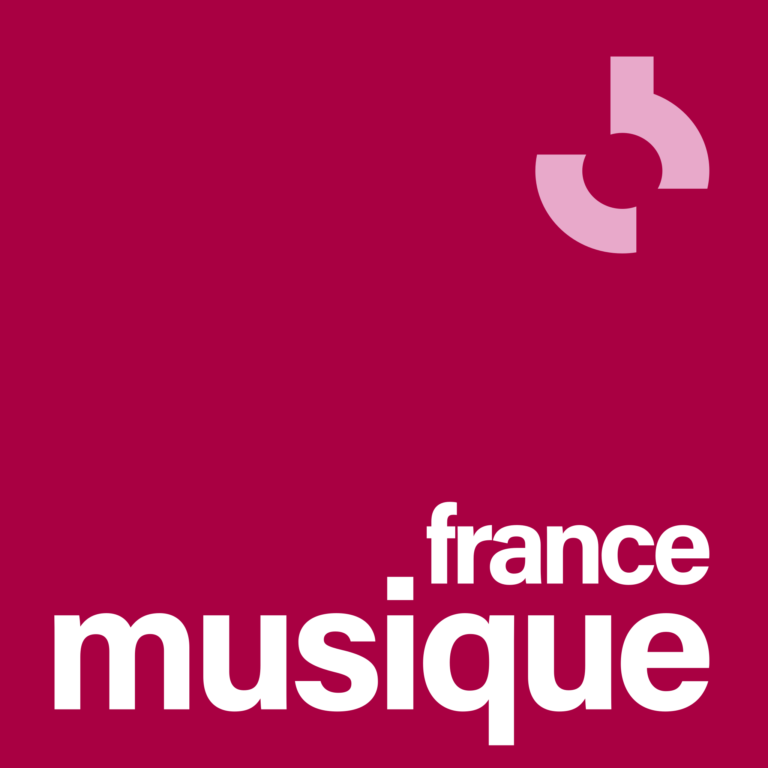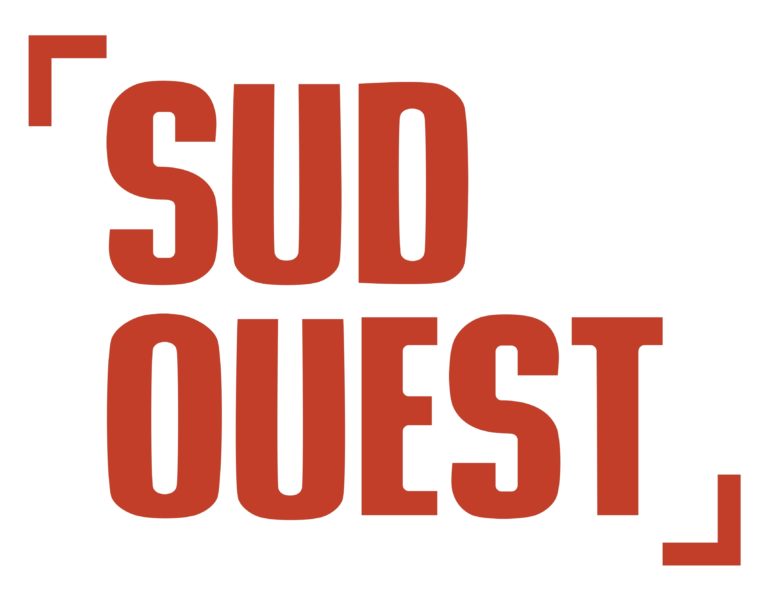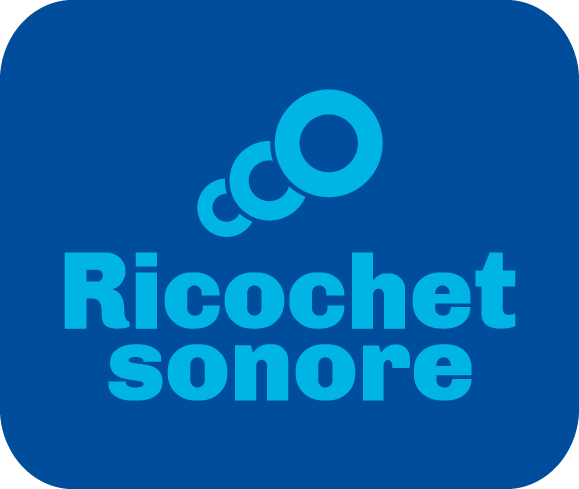Erik Schumann, violin
Ken Schumann, violin
Veit Hertenstei, alto (since 2022) (Liisa Randalu (2007 – 2022))
Mark Schumann, cello
The Schumann Quartet has reached a stage where anything is possible, because it has dispensed with certainties. This also has consequences for audiences, which from one concert to the next have to be prepared for all eventualities: “A work really develops only in a live performance,” the quartet says. “That is ‘the real thing’, because we ourselves never know what will happen. On the stage, all imitation disappears, and you automatically become honest with yourself. Then you can create a bond with the audience – communicate with it in music.” This live situation will gain an added energy in the near future: Albrecht Mayer, Menahem Pressler, Kit Armstrong, Anna Vinnitskaya and Anna Lucia Richter are among the quartet’s current partners.
A special highlight of the 21/22 season will be the four concerts at Wigmore Hall London, where the quartet is Quartet in Residence this season. Furthermore, the quartet will be back on tour in the USA after an enforced break. It will be a guest at the String Quartet Biennale Amsterdam, the Schleswig Holstein Music Festival and the MDR Musiksommer, as well as in Berlin, Schwetzingen, Frankfurt, Cologne and Dortmund. In addition, the quartet will be able to present two special programs in Madrid and Bilbao together with mezzo-soprano Anna-Lucia Richter.
Its album “Intermezzo” (2018 | Mendelssohn Bartholdy, Schumann und Reimann with Anna-Lucia Richter) has been hailed enthusiastically both at home and abroad and received the award “Opus Klassik“ in the category quintet. It is celebrated as a worthy successor to its award-winning “Landscapes” album, in which in which the quartet traces its own roots by combining works of Haydn, Bartók, Takemitsu and Pärt. Among other prices, the latter received the “Jahrespreis der deutschen Schallplattenkritik”, five Diapasons and was selected as Editor’s Choice by the BBC Music Magazine. For its previous CD “Mozart Ives Verdi”, the Schumann Quartet was accorded the 2016 Newcomer Award at the BBC Music Magazine Awards in London. In 2020 the quartet has expanded its discography with “Fragment” and his examination of one of the masters of the string quartet: Franz Schubert.
The three brothers Mark, Erik and Ken Schumann have been playing together since their earliest childhood – meanwhile violist Veit Hertenstein completes the quartet. The four musicians enjoy the way they communicate without words. Although the individual personalities clearly manifest themselves, a common space arises in every musical work in a process of spiritual metamorphosis. The quartet’s openness and curiosity may be partly the result of the formative influence exerted on it by teachers such as Eberhard Feltz, the Alban Berg Quartet, or partners such as Menahem Pressler.
Awards, CD releases – it is always tempting to speculate on what factors have led to many people viewing the Schumann Quartet as one of the best in the world. But the four musicians themselves regard these stages more as encounters, as a confirmation of the path they have taken. They feel that their musical development over the past two years represents a quantum leap. “We really want to take things to extremes, to see how far the excitement and our spontaneity as a group take us,” says Ken Schumann, the middle of the three Schumann brothers. They charmingly sidestep any attempt to categorise their sound, approach or style, and let the concerts speak for themselves.
And the critics approve: “Fire and energy. The Schumann Quartet plays staggeringly well […] without doubt one of the very best formations among today’s abundance of quartets, […] with sparkling virtuosity and a willingness to astonish” (Harald Eggebrecht in Süddeutsche Zeitung). Quotes taken from an interview with journalists from the classical music magazine VAN (van-magazin.de)

